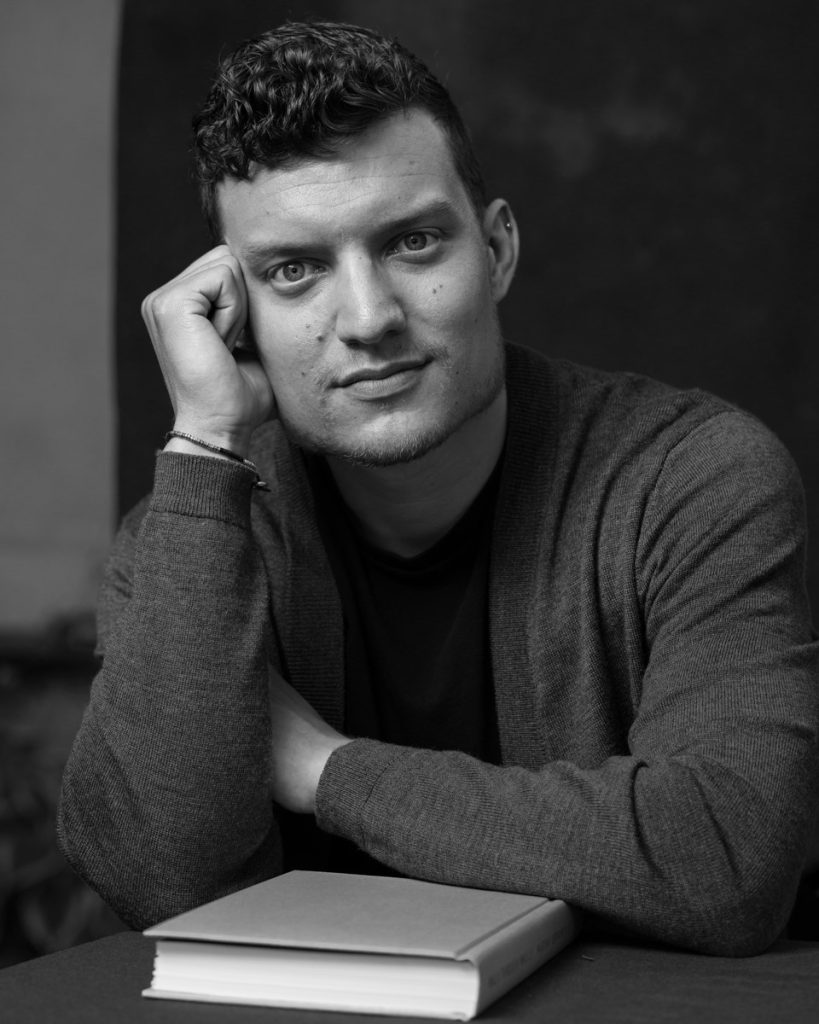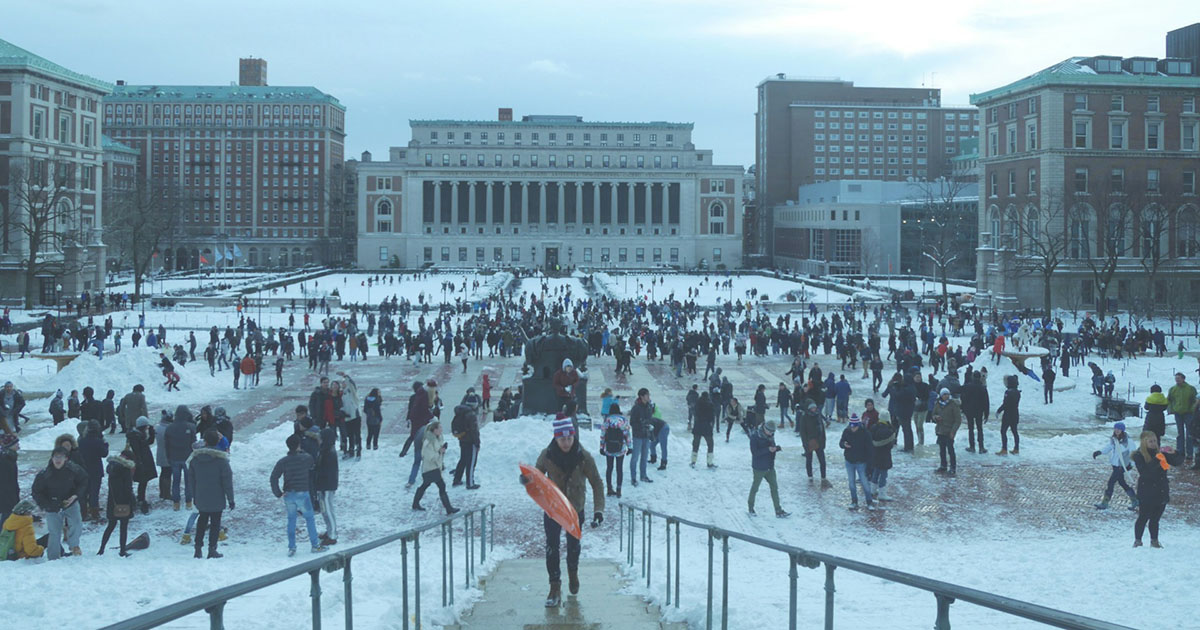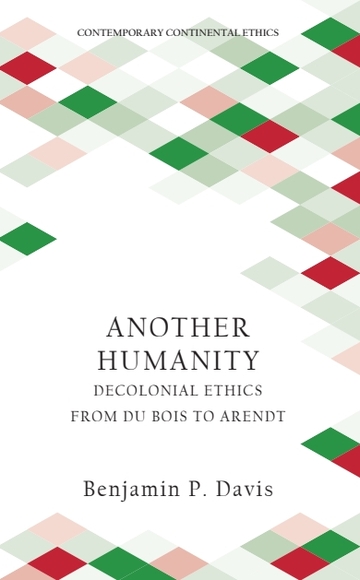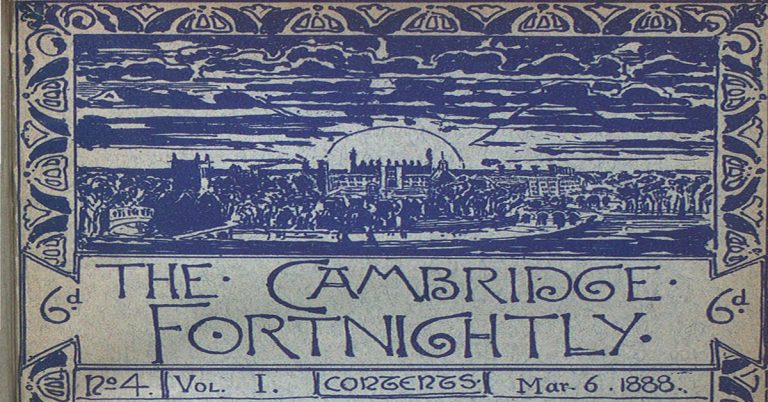
Q&A with Benjamin P. Davis
Benjamin P. Davis’s book, Another Humanity, articulates an original humanism informed by decolonial and post-colonial theory. In this blog post, Davis maps the influence of Edward Said’s political writings on the development of his own thinking.
Tell us a bit about your book
Another Humanity—itself building on my attempt to decolonize human rights in Choose Your Bearing—emerged from the years I have spent reading Edward Said.
Reading Said’s political writings—The Question of Palestine and The Politics of Dispossession, writings that are less often on post-colonial reading lists than Orientalism and Culture and Imperialism—led me to ask a number of questions, first among them: What would a humanism that started from the dispossessed look like? And, what would a humanism look like if it framed the question of decolonizing the human in terms of an ongoing responsibility for dispossession?
In another book, Representations of the Intellectual, Said stresses the importance of ‘marginality,’ meaning staying on the margins of a violent society as opposed to integrating into its norms. In his own words, he said that to be an intellectual is to be ‘someone who stands as a marginal figure outside the comforts of privilege, power, being-at-homeness.’
In these times of censorship and chill, I want to thank Edinburgh University Press for supporting this controversial book about decolonizing the human.
I wonder if this support is somehow related to Edinburgh’s own position of marginality, not only regarding Scotland’s relationship to England, but also regarding Edinburgh University Press’s philosophy list compared to other British and US university presses.
And I wonder if we are somehow connected by sound—for years I have been listening (and writing) to the Edinburgh-based Young Fathers, wondering what ‘Rice’ or ‘Shame’ would look like on the page.
Did you get exclusive access to any new or hard-to-find sources?
I started going to Said’s archive at Columbia University in 2022. I try to study the materials there a few times each year. What I found during those sessions shows up in the chapter on Said’s post-colonial humanism. When the university lets me in (they didn’t one day in October 2024), the Rare Book and Manuscript Library is probably my favorite place in the world.
Did your research take you to any unusual situations?
There is the ‘unusual situation’ that is occupied Palestine, and then there is the ‘unusual situation’ of the purportedly liberal, speech-protecting US university. I spent time in both writing this book, and I found conversations much more open, honest, and free at Birzeit University than in the US. I hope we US academics can work together to change this reality.
Has your research in this area changed the way you see the world today?
I am more frustrated by the silence of colleagues and more grateful for my friends who support me and who speak out for human rights.
In a wonderful chapter in a book edited by Anne Orford, the legal scholar David Kennedy has noted about liberals and humanitarians that ‘we prefer to think of ourselves as outside power.’ Writing this book has reminded me that we are always already part of state power—not only through our taxes, but also through the rights we demand or fail to perform.
What’s next for you?
I am starting a new project on the life and work of Franz Boas. In a way, after this book on decolonizing the human, it makes perfect sense to return to the early anthropologists. I am fascinated by the imperfections of those early encounters that nevertheless attempted to learn about what Édouard Glissant called ‘another dimension of humanity.’

About the author
Benjamin P. Davis is an Assistant Professor of Africana Studies and Hispanic Studies at Texas A&M University. He is the author of Simone Weil’s Political Philosophy as well as Choose Your Bearing: Édouard Glissant, Human Rights, and Decolonial Ethics and Another Humanity: Decolonial Ethics from Du Bois to Arendt.
About the book
Another Humanity offers a new reading of humanity in decolonial theory.
Building on the defense of human rights he outlined in Choose Your Bearing, Benjamin P. Davis traces figures of ‘the human’ and ‘humanity’ in W. E. B. Du Bois, Édouard Glissant, Sylvia Wynter and Edward Said. He concludes with a reflection on Hannah Arendt’s post-war correspondence with Karl Jaspers, which offers lessons for a new humanism as we witness ongoing wars today.
Save 30% on your copy of Another Humanity: Decolonial Ethics from Du Bois to Arendt with code NEW30.






